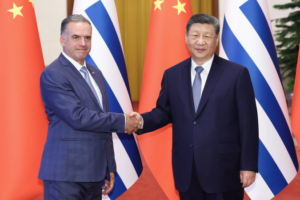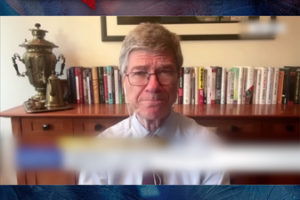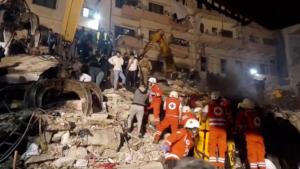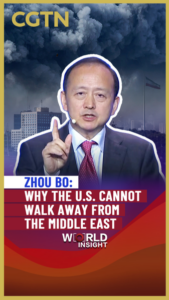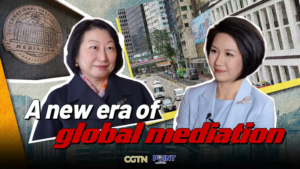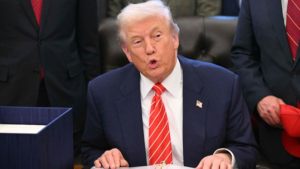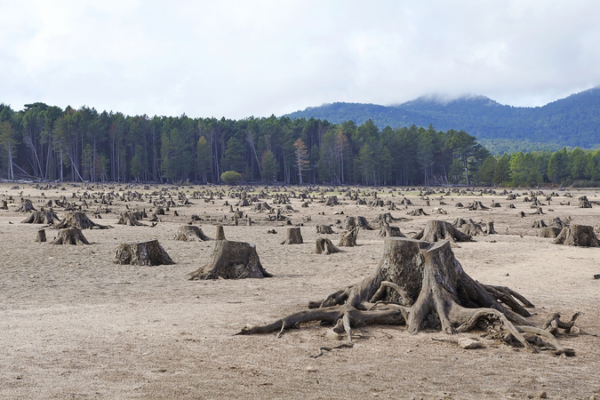
Global Growth Models Threaten Biodiversity, Warns Landmark 2026 Report
A major 2026 IPBES report warns GDP-focused economies are accelerating biodiversity loss, urging systemic reforms to protect ecosystems and economic stability.
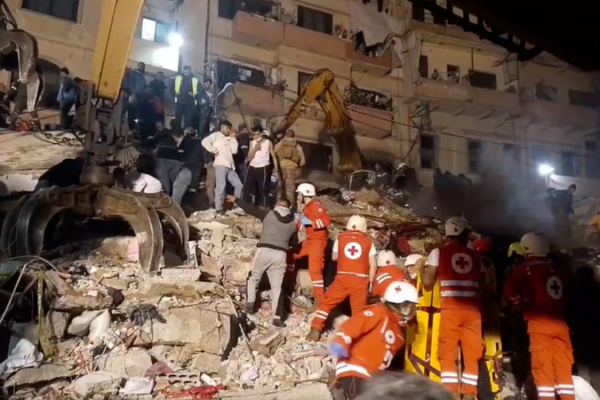
Lebanon Building Collapse Kills 14, Sparks Urban Safety Concerns
At least 14 dead in Tripoli building collapse; Lebanon pledges funds for 105 at-risk structures as urban safety concerns rise.

Akhal-Teke Horses: Bridging Turkmenistan and China Through History
The Akhal-Teke horse continues to strengthen China-Turkmenistan ties in 2026, bridging ancient Silk Road heritage with modern diplomatic relations.
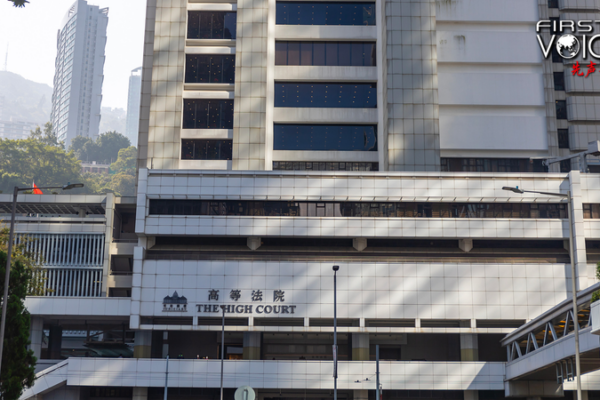
Hong Kong National Security: Press Freedom vs. Sovereignty in 2026
China’s 2026 white paper reaffirms Hong Kong’s national security priorities amid international debates over press freedom and sovereignty protections.
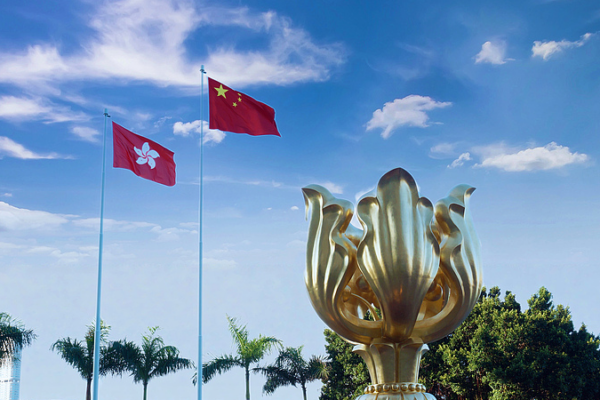
HK Strengthens National Security Under ‘One Country, Two Systems’ in 2026
China’s State Council releases white paper detailing HKSAR’s national security efforts, highlighting stability and development under ‘One Country, Two Systems.’

Master the Spring Festival Gala Lingo: 3 Key Terms to Know in 2026
Decode China’s biggest cultural event with 3 essential terms: Geng (meme), Chuquan (viral), and Mingchangmian (iconic moments). Master 2026’s Spring Festival Gala discourse.

Spanish Speed Skaters Chase Olympic Glory at Milano Cortina 2026
Spanish speed skaters Aitor Sánchez (17) and Valentina Mendoza (22) train relentlessly for Olympic success at Milano Cortina 2026, showcasing winter sports’ global growth.

Tai Lihua Champions Sign Language in 2026 Spring Festival Gala
Acclaimed dancer Tai Lihua integrates sign language into the 2026 Spring Festival Gala, promoting inclusivity and cultural connection through silent yet powerful New Year greetings.
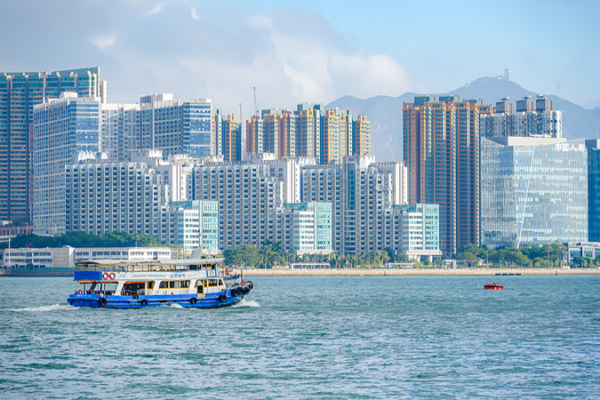
China Releases White Paper on Hong Kong National Security Framework
China’s new white paper outlines Hong Kong’s constitutional role in national security under ‘One Country, Two Systems,’ emphasizing legal frameworks and social stability.

SpaceX Shifts Focus to Lunar Colony, Delays Mars Ambitions
Elon Musk announces SpaceX’s pivot to a moon-based ‘self-growing city’ by 2036, delaying Mars plans. Experts weigh in on feasibility and regional implications.

China Strengthens Nature Reserve Laws for Sustainable Future
China updates nature reserve regulations to enhance ecological protection and sustainable development, effective March 2026. New policies aim to balance conservation with economic growth.
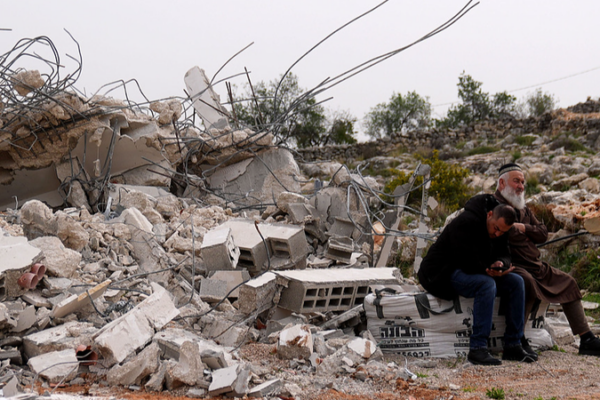
West Bank Tensions Surge as Israel Approves Expanded Control
Global backlash grows over Israel’s West Bank control expansion and settlement policies, with UN warning of eroded peace prospects and illegal land seizures.
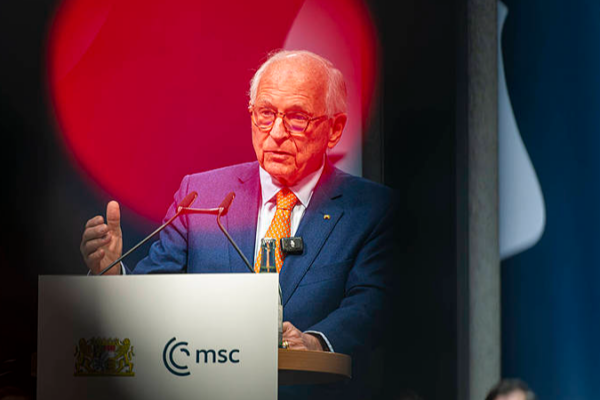
Munich Report 2026 Warns of Global Order Erosion Amid ‘Wrecking-Ball Politics’
Munich Security Report 2026 warns of ‘wrecking-ball politics’ eroding international cooperation, with U.S. role shifts and systemic distrust driving global instability ahead of key security summit.
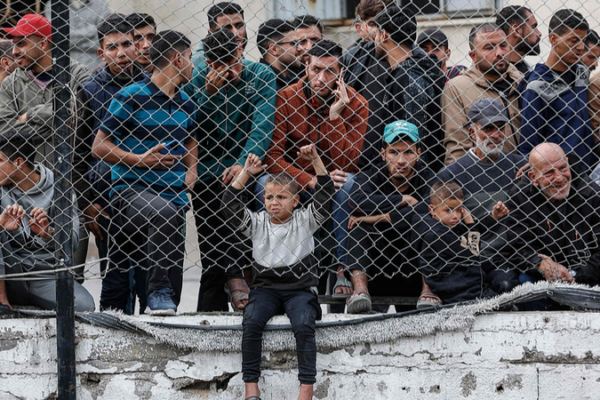
Gaza Water Crisis Persists Despite Reopened Supply Line, UN Reports
Gaza faces ongoing water shortages despite Israel reopening supply lines, with UN reporting only 6,000 cubic meters reaching residents daily amid intensified relief efforts.
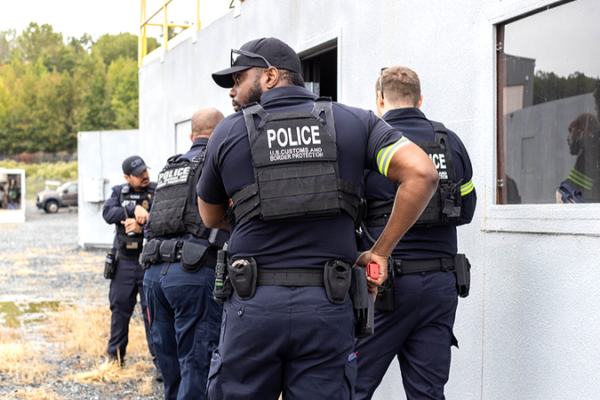
Student Injured in Shooting at Maryland High School; Suspect Arrested
A student was injured in a shooting at a Maryland high school on February 10, 2026. Police arrested another student suspect, confirming no further threats.
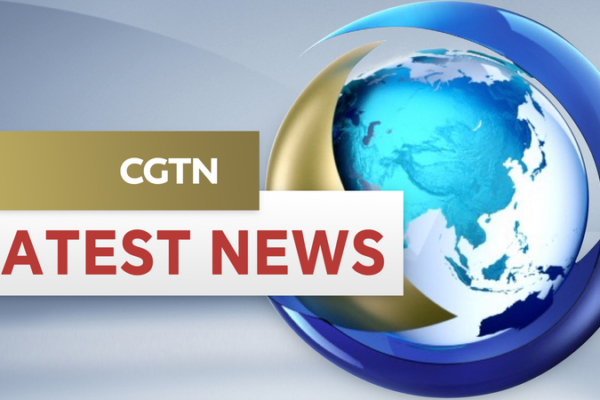
APEC 2026 First Senior Officials’ Meeting Launches in Guangzhou
APEC China 2026 launches inaugural senior officials’ meeting in Guangzhou, focusing on trade innovation and sustainable growth strategies for the Asia-Pacific region.
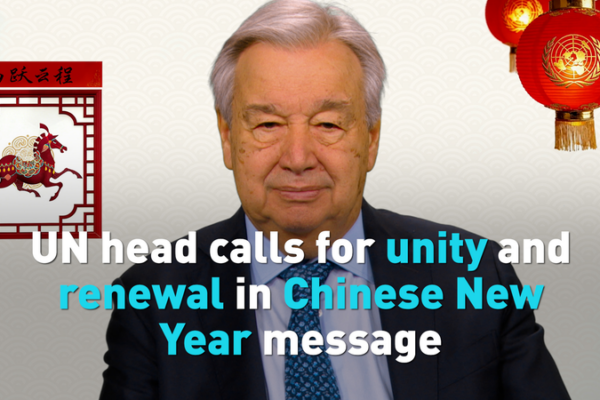
UN Chief Urges Global Unity in Chinese New Year Message
UN Secretary-General António Guterres emphasizes global cooperation and renewal in his 2026 Chinese New Year message, urging collective action on climate and development challenges.

US Olympic Skiers Grapple With National Pride Amid Political Tensions
US Olympic skiers Christopher Lillis and Hunter Hess spark debate with candid reflections on representing America during domestic political turmoil.
New York Helicopter Rescue Saves Three from Icy Waters
Three men rescued by helicopter after falling through ice in Queens, highlighting winter safety challenges amid freezing temperatures.

China’s Robotic Athletes Shine at Milan Winter Olympics
Chinese humanoid robots engage global fans at Milan’s 2026 Winter Games, showcasing AI advancements and fostering international tech exchanges.

